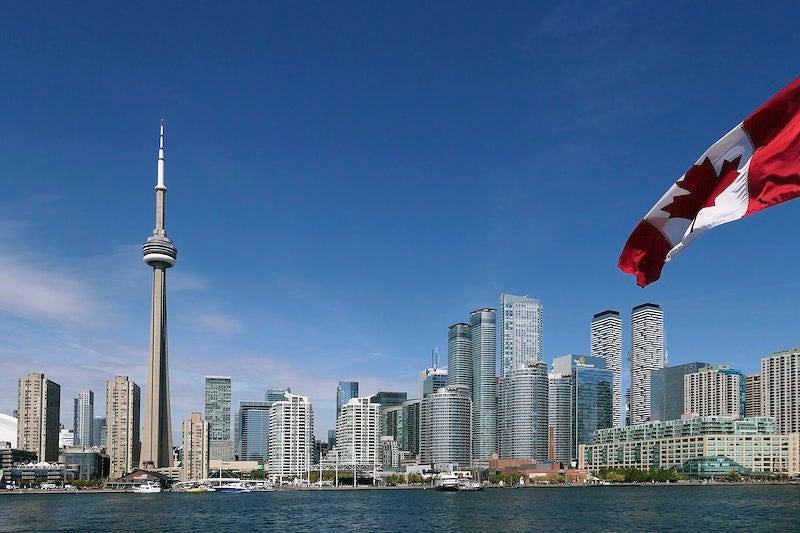Canada ends fast track visas for international students including Indians and Pakistanis
Student Direct Stream discontinued after 6 years

OTTAWA: Canada has announced the immediate termination of its Student Direct Stream (SDS), a visa fast-track programme that has provided expedited processing for foreign students from select countries since 2018.
The Immigration, Refugees and Citizenship Canada (IRCC) stated the measure aims to ensure "equal and fair access to the application process for study permits" for all international students.
This change comes amid rising challenges within Canada related to housing and resources. The closure of the SDS will notably impact students from 14 countries who relied on the streamlined process, with large contingents from India and Pakistan.
End of Student Direct Stream (SDS)
The SDS programme was established six years ago to provide faster visa processing for eligible post-secondary students. Initially created for students from India and China, it later expanded to include students from 14 countries, including Pakistan, Brazil, China, and the Philippines, among others.
Applications received before 2:00 p.m. ET on November 8, 2024, will still be processed under the SDS, but those submitted afterward must go through Canada’s regular study permit process. This shift may lead to longer processing times for applicants, as the regular process does not prioritise based on the student’s nationality.
‘Fair access’ to study permits
According to IRCC, the decision to end the SDS is part of a larger initiative to strengthen program integrity and provide a safer, more equitable process for international students. The IRCC expressed that the termination will contribute to a positive academic experience for all students, regardless of their country of origin.
“Canada is committed to giving all international students equal and fair access to the application process for study permits,” the IRCC explained, adding that the move will reduce vulnerabilities faced by international students navigating Canadian immigration channels.
Impact on Pakistani and Indian students
The closure of the SDS will have considerable repercussions for students from Pakistan and India, who represent significant portions of international student populations in Canada. The expedited processing and high approval rates of the SDS had made it an attractive pathway, particularly for students from these countries.
Immigration experts predict that the end of the SDS could potentially divert interest to other countries, especially for students seeking prompt visa processing. Some industry analysts speculate this might influence future international application numbers to Canada, though it remains to be seen if the policy shift will have a lasting effect.
Regular study permit process
All prospective international students, including those from the former SDS-eligible countries, are now required to apply through the regular study permit stream. The regular stream will continue to accept Guaranteed Investment Certificates (GICs) as proof of financial support, a requirement familiar to applicants under the former SDS programme.
This development is part of a series of measures Canada has taken over the past year to address pressures on its housing and education infrastructure, especially in popular metropolitan areas where foreign students traditionally reside. Canada’s international student policy has also seen other changes recently, with increased financial requirements for new applicants and stricter verifications of acceptance letters.
New cap on study permits
On September 18, the IRCC announced that the cap for issuing study permits for 2025 will be set at 437,000, a reduction from the 2024 target of 485,000. This “stabilising” figure is expected to remain in place for 2026, aligning with Canada’s recent efforts to manage student intake amid ongoing infrastructure pressures.
Officials have cautioned that the effects of recent policy changes, including the end of the Student Direct Stream, will likely become more visible in data later this year. The preliminary figures already reveal a notable decrease in study permits issued between April and June of 2024, with the total dropping to 125,020 from 148,140 in the same period in 2023.
For Indian students specifically, the issuance numbers fell from 70,340 to 55,940. While this figure still represents a significant intake, it is nearly double the enrolment figures seen in 2015.
Canada’s revised cap on study permits and visa processing adjustments reflect a wider recalibration of its immigration approach, a move that will be closely monitored to gauge its impact on demand from international students, particularly those from Pakistan, India, and other former SDS-participating countries.